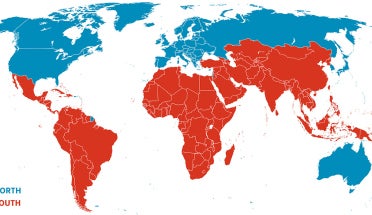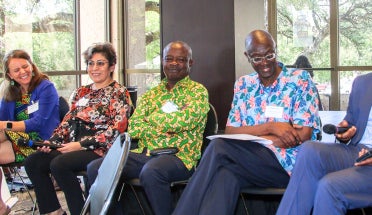
Knight Center Introduces Course for Brazilian Journalists
- Aug 1, 2024
A new, free online course offered in Portuguese at The University of Texas at Austin aims to equip Brazilian journalists, journalism students and community communicators with the skills to produce more transparent, evidence-based reporting and hold public officials accountable.
The course, titled “Como usar a Lei de Acesso à Informação (LAI) para produzir reportagens de impacto (How to use Brazil's Access to Information Law to produce impactful reporting),” was organized by UT Austin’s Knight Center for Journalism in the Americas in partnership with Fiquem Sabendo, a Brazilian nonprofit specializing in access to public information.
The Knight Center in the Moody College of Communication has facilitated professional training and outreach programs for journalists in Latin America and the Caribbean since 2002.
“The Access to Information Law is a powerful tool to combat corruption and ensure transparency in public administration in Brazil,” said Brazilian journalist Rosental Calmon Alves, founder and director of the Knight Center and journalism professor at the Moody School.
Despite its introduction 13 years ago, many journalists and communicators aren’t familiar with navigating the LAI, prompting the Knight Center’s partnership with Fiquem Sabendo.
The four-week course runs July 15-August 11, 2024, and is designed to train participants to use the LAI effectively. It will be taught by three Brazilian instructors with backgrounds in journalism and law:
- Taís Seibt, director of strategy at Fiquem Sabendo
- Léo Arcoverde, co-founder and president of Fiquem Sabendo
- Bruno Schmitt Morassutti, co-founder and advocacy director of Fiquem Sabendo
Course material is organized into four modules, and training will be augmented by real-world examples and insights from interviews with distinguished investigative and data journalists.
“[Participants] will learn how to draft effective information requests, navigate public data portals and evaluate the quality of responses,” Seibt said. “Additionally, they will acquire skills in writing well-founded appeals against denied requests and creating routines to transform public data into impactful journalistic stories.”



